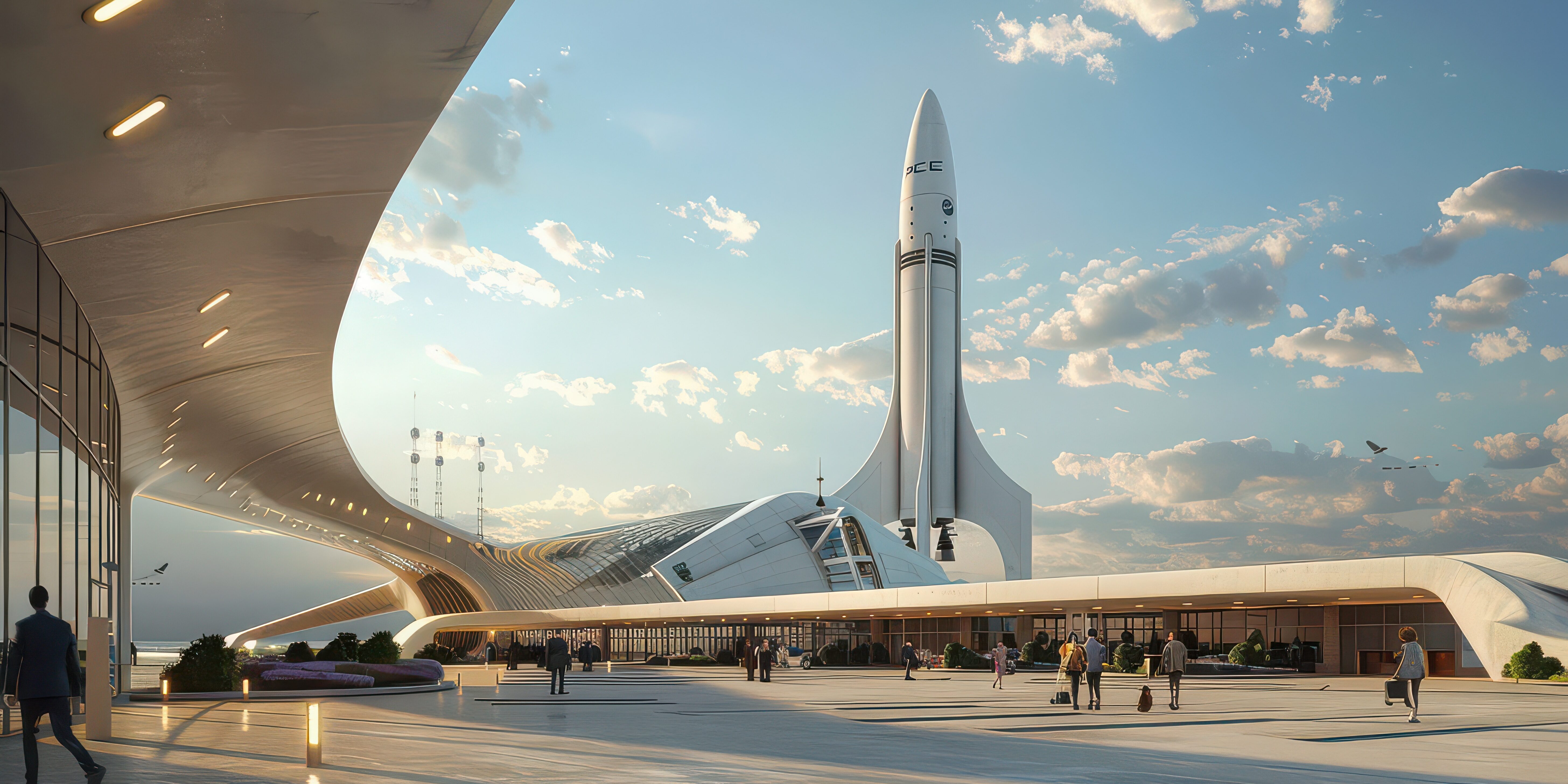Imagine checking in for a flight not to Paris or Tokyo—but to the Moon, Mars, or an orbiting space station. While it still sounds like science fiction, the rapid development of spaceports around the globe signals that this future is closer than we think.
What Is a Spaceport?
A spaceport is the terrestrial equivalent of an airport—designed for launching and receiving spacecraft. But unlike traditional airports, spaceports must support vertical launches, reusable rockets, and in the near future, crewed missions to other planets. These are hubs where space-bound technology meets human ambition.
From Remote Facilities to Urban Gateways
Historically, spaceports were isolated, government-run facilities like Cape Canaveral or Baikonur. Today, we’re seeing a shift toward commercial and even tourism-driven spaceports. Spaceport America in New Mexico, Rocket Lab’s Launch Complex in New Zealand, and SpaceX’s Starbase in Texas represent this evolution—hubs not only for launches but for building the ecosystem of space travel.
Next-generation spaceports will likely include high-speed access, passenger terminals for space tourists, and facilities for spacecraft refueling and maintenance. They may even incorporate space-themed hotels, astronaut training centers, and immersive AR/VR briefings for travelers.
Strategic Locations and the Role of Earth’s Orbit
Not every location on Earth is suited for a spaceport. Proximity to the equator, low population density, and clear skies are crucial. The future may also include offshore spaceports, orbital waystations, and lunar depots as stepping stones for deep space missions.
Earth’s low orbit will act like the world’s new terminal: a space-based node where vehicles refuel or switch between Earth-to-orbit and orbit-to-Mars modules.
The Infrastructure of Interplanetary Mobility
For interplanetary travel to become a reality, we’ll need a network of well-coordinated launch sites, traffic control systems, and safety protocols—just like global aviation today. AI systems, digital twin simulations, and autonomous launch preparations will play key roles in ensuring reliability and scalability.
A New Industry Is Taking Off
The emergence of spaceports is more than an engineering milestone—it’s the foundation of a new space economy. Just as airports revolutionized trade, culture, and geopolitics, spaceports will redefine how we live, work, and explore beyond Earth.
And maybe, one day, your boarding pass will read:
Departure: Earth.
Destination: Mars City.







